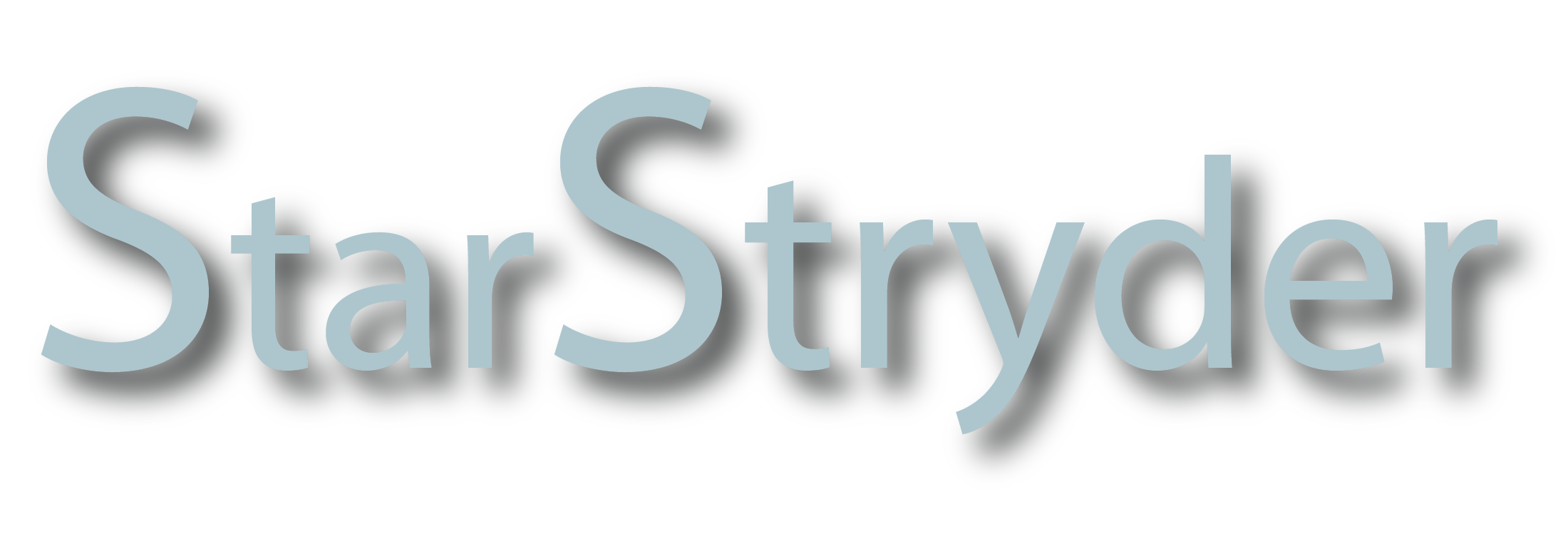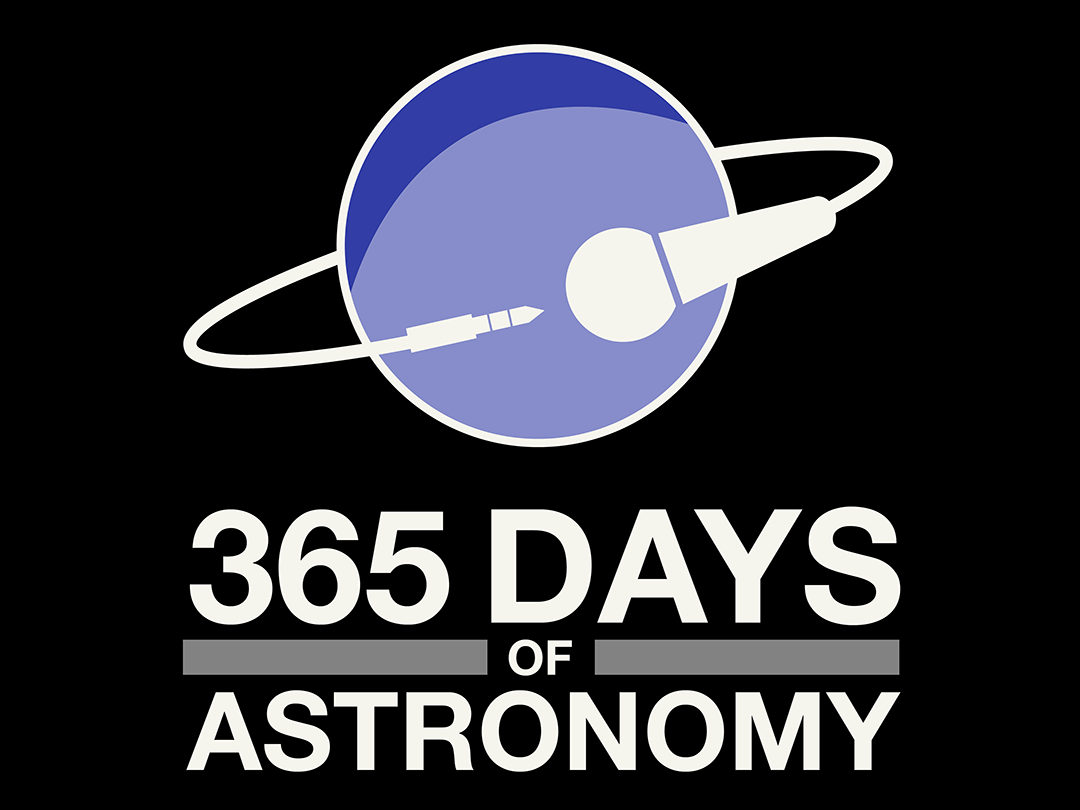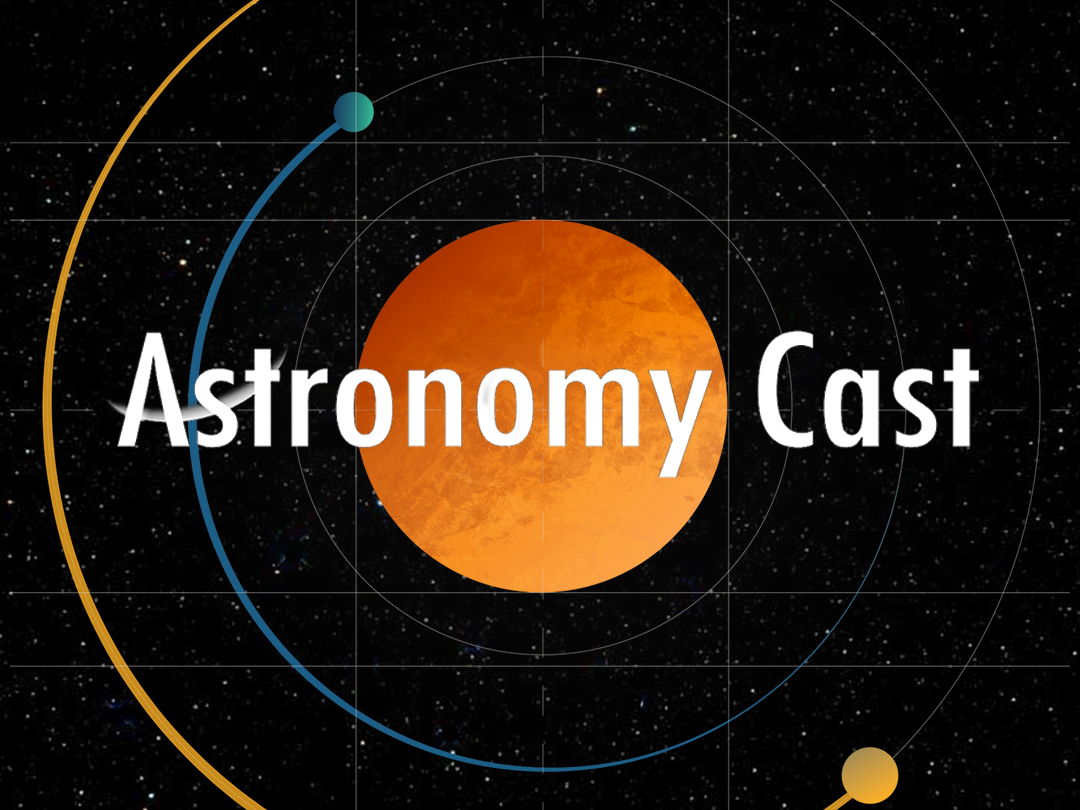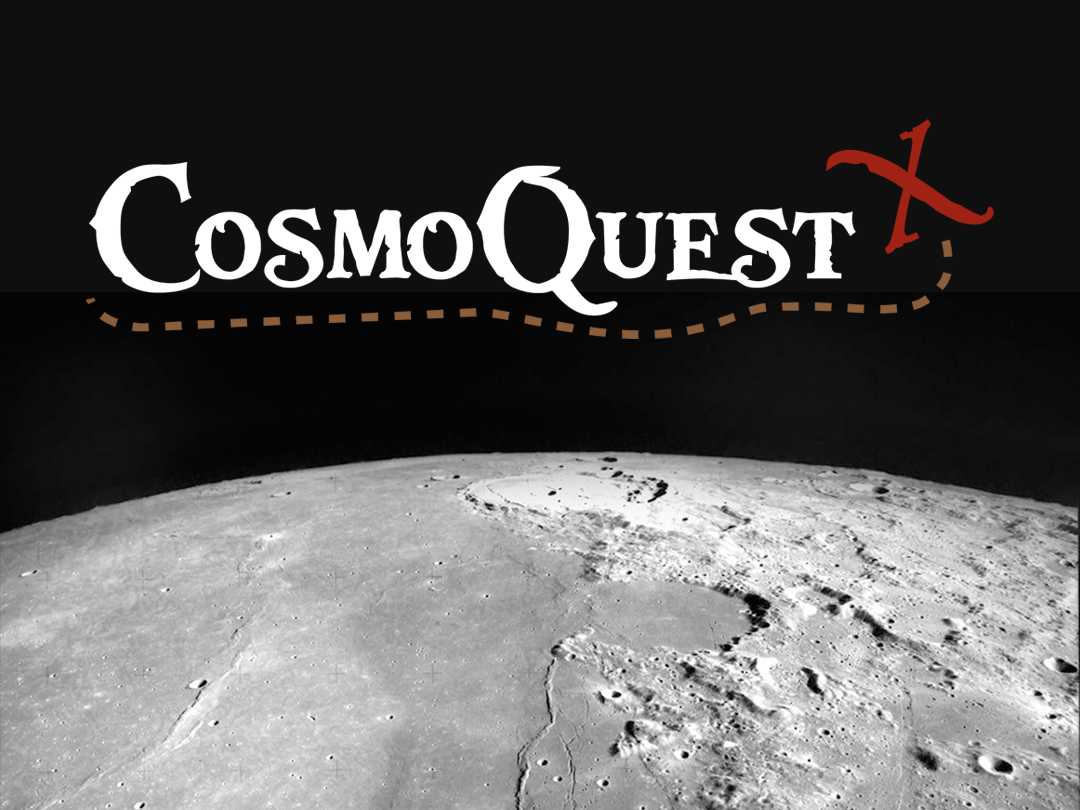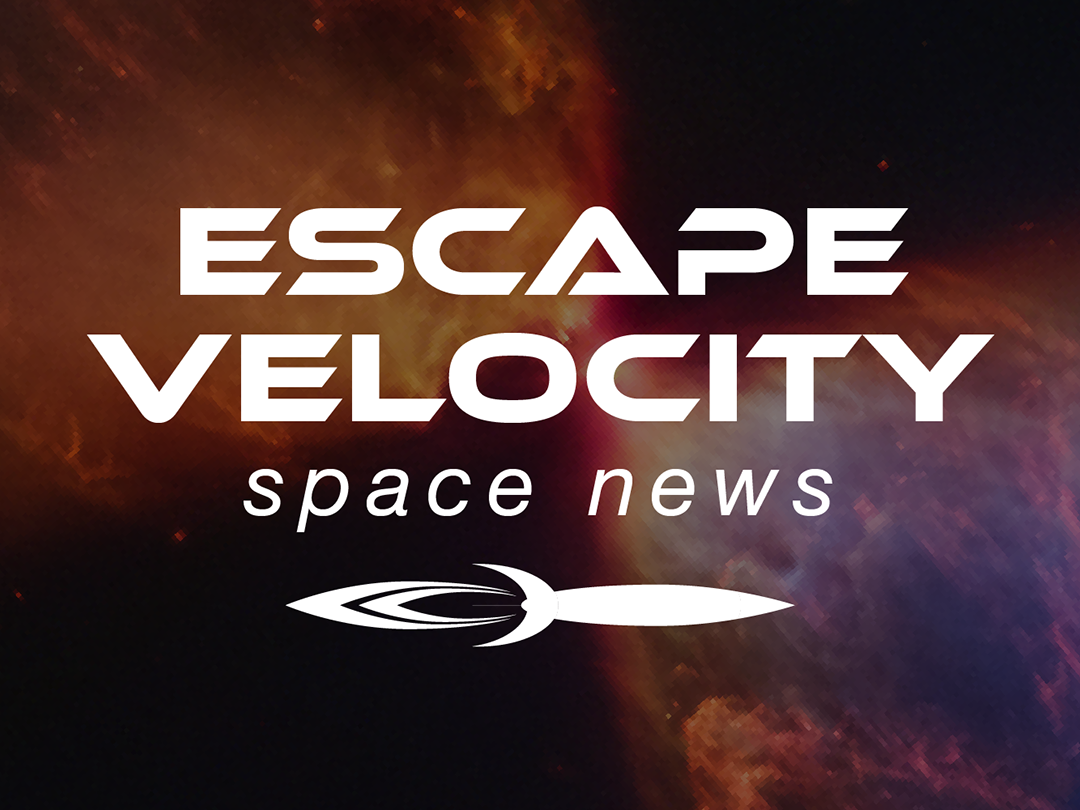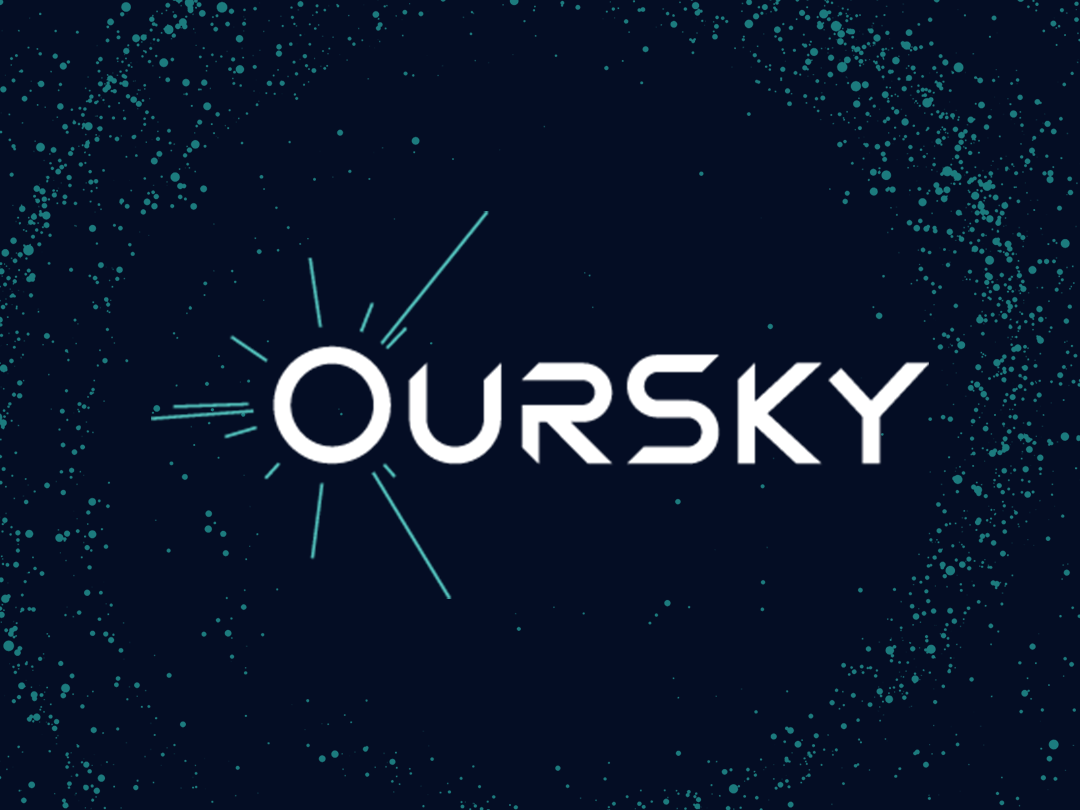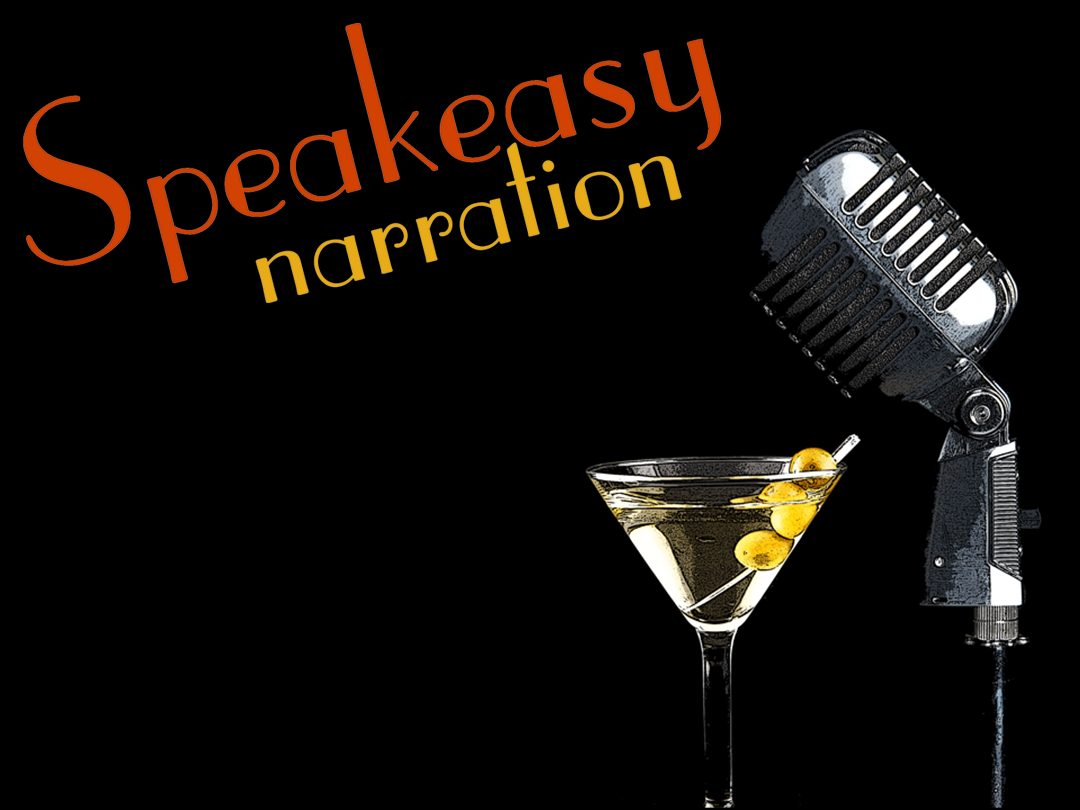” For most of her career, Dr. Gay has been a strong advocate of citizen science, which increases the visibility and drums up interest in important scientific research among the public, as well as assists the researchers through volunteer efforts. “
 Science
Science
![]()
Sci Comm
![]()
Software
![]()
Art

Curriculum Vita
Need a conference speaker or show guest?
Need someone to science your audience? Want to learn more about astronomy’s latest discoveries, the role of everyday people in exploring our universe through citizen science, or someone to talk about how the astronomy advances at the speed of computing thanks to innovations in AI/ML, GPUs, and more? I am available for your IRL or virtual event. (View select past presentations here)
Latest Essays & Articles
Flying Metal Bits
 A quick fly through the nearby universe will show you, well, a whole lot of nothing. But, embedded in the nearest bits of that nothing are 8 spectacular planets, dozens of moons, and hundreds of random bits of rock and ice that, depending on where they orbit, fall into such categories as asteroids, Kuiper belt objects, and comets. Somewhat randomly distributed around (and sometimes on) these celestial objects are little bits of flying metal.
A quick fly through the nearby universe will show you, well, a whole lot of nothing. But, embedded in the nearest bits of that nothing are 8 spectacular planets, dozens of moons, and hundreds of random bits of rock and ice that, depending on where they orbit, fall into such categories as asteroids, Kuiper belt objects, and comets. Somewhat randomly distributed around (and sometimes on) these celestial objects are little bits of flying metal.
Locally, COROT (vaguely rhymes with Inspector Perot), obtained first light today (image above, credit CNES 2006 – D. Ducros). This orbital observatory will dedicate it self to the search for rocky worlds around other stars. A product of the European Space Agency, COROT will study nearby stars with its 30cm telescope, looking for slight changes in brightness indicative of planetary transits. The images it takes will also be useful for asteroseismology, the study of how stars bump and wiggle in reaction to chemical and thermal processes deep beneath their surfaces. Pre-launch calculations predict that every 150 days (the time COROT will spend studying one area of the sky), COROT could discover 10-40 rocky planets and tens of gas giants. Since the first published discoveries of an extrasolar planet around a pulsar in 1992, and around a normal star in 1995, astronomers have only discovered 209 extrasolar worlds. With COROT, that number could double in as little as 1 year.
‘Cause Knowledge is Power
It is a slow science news week, and sitting here at home I’m realizing I haven’t the foggiest idea how to get my e-journal fix via SIUE without being at an SIUE IP address. I’d like to riffle through Science or Nature from my sofa. I’d like to think there is a way to do it. I’m not certain however, and after reading through the SIUE website, I’m mostly just confused. Luckily, I know that I do have access to information somehow, it just may not involve being on my sofa while I read. No matter what, I am lucky. Not everyone has access to Science.
Limited access to information (and the decision to actually access that information) acts in many ways to divide our society. It takes money to get the cable and satellite news feeds. Prolonged access to online content – the type of access needed to hunt down links and read background material – takes money or the right job. Knowing how to access information takes education, which is another way of separating the haves from the have-nots. And sorting through digital, video, and audio content takes that most precious resource of all: time. It takes effort to be informed, and one must choose to know what is going on.
Making the Technological iLeap
I hate Microsoft Office. It is a hate that has been slowly boiling in the background for a long long time. I can make it do anything. I get how it works at a level at a brainstem level, such that prettily formatted documents come out of my computer with ease. I still hate it. As an undergraduate, I earned my living as “Lead Monitor” of the Erickson Hall Computer Lab and Michigan State. In this role, it was my pleasure to help anyone with any computer problem. 90% of the problems were either failure to print or failure to format. All of them were related to Microsoft breaking the minds of poor innocent ungrads (and occasional grads). The lab was a mix of Macs and PCs and platform really didn’t matter. Everyone had to use MS Office, and everyone got burnt.
But there are options, and I’m going to use them.
